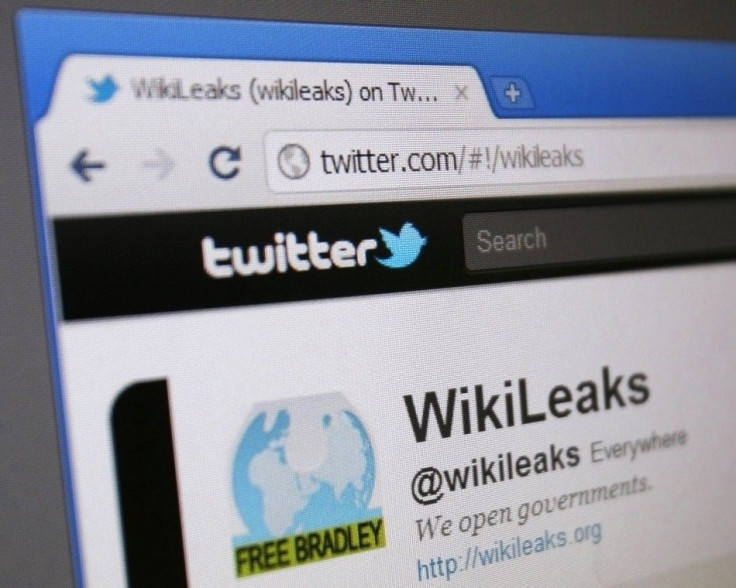Wikileaks Cable Release: A Summary of Selected Shocking Revelations

Wikileaks' latest release of a massive cache of state department cables -- this time by accident -- has touched off a familiar uproar, intensified by the fact that many of the documents are unredacted. There's also an extra layer of intrigue over who was responsible for the release: Wikileaks claims that the Guardian allowed it by publishing a password, a charge the Guardian denied.
But amidst the angry recriminations and the hand-wringing over whether publishing the names of diplomats and informants puts them in danger, the actual content of the cables has been largely overlooked. Here are some of the revelations so far, as reported by other news organizations (at the time of writing, the Wikileaks website was closed for maintenance):
U.S. Troops May Have Massacred Iraqi Civilians: A cable from Philip Alston, the U.N.'s special rapporteur on extrajudicial, summary or arbitrary executions, offered fresh evidence that American troops may have systematically murdered civilians during a raid on a house in the Iraqi town of Ishaqi, McClatchy reported. A U.S. military investigation exonerated the troops involved, but Alston's cable corroborates Iraqi security forces' claims that troops handcuffed Iraqi civilians and shot them.
Diplomats Pushed for Genetically Engineered Plants: Civil Eats reports that diplomats sought to promote genetically engineered plants, writing about biotechnology outreach programs and asking the State Department to dispatch funds, biotech experts and trade industry representatives. Cables spoke of a rancorous debate in France over banning certain modified crops, and detailed how U.S. diplomats met with representatives of major firms like Monsanto, DuPont and Dow-Agro-sciences over concerns about French resistance.
Filipino Lawmakers Rebuked for Criticizing Foreign Lobbyists: Former US Ambassador to the Philippines Kristie Kenney slammed Filipino lawmakers who characterized foreign investors as carpetbaggers, predators, and buccaneers, after the Joint Foreign Chambers opposed reforms in the country's power sector. Another cable, in which Kenney criticized former president and revered national figure Corazon Aquino, has angered Filipino officials.
Violence, Instability in Mexico: Cables detailed the unstable situation in Mexico and warned that sudden eruptions of violence would continue to be a fact of life in a country convulsed by the government's war on drug cartels. Other cables described how armed gangs took over border towns, pulled off 18 carjackings and robberies in a period of only around 12 hours and stole an SUV with a child in the backseat.
U.S. Pressured E.U. to Allow Oracle to Acquire Sun: Oracle Corp.'s 2009 acquisition of Sun Microsystems was a high priority for the U.S. Department of Justice's antitrust arm, which was in close touch with Oracle and Sun throughout negotiations, a cable said. In a subsequent cable, an array of American officials and agencies including Secretary of State Hilary Clinton, the U.S. Departments of Treasury, Justice, and Commerce and the Federal Trade Commission urged European Union competition commissioner Neelie Kroes to let the merger go through, pointing out the benefits for open source software.
© Copyright IBTimes 2024. All rights reserved.











